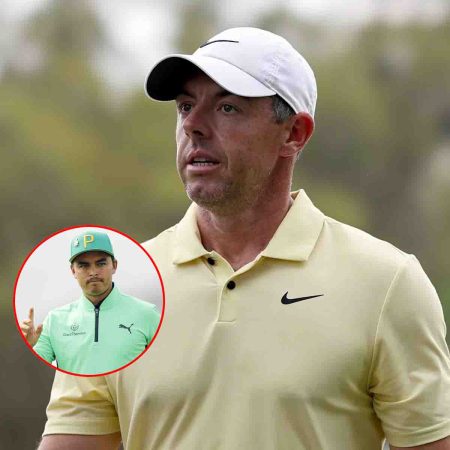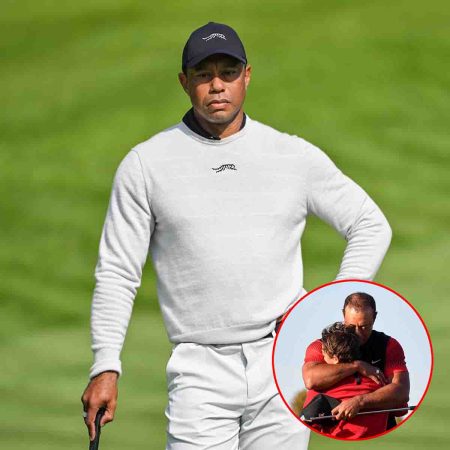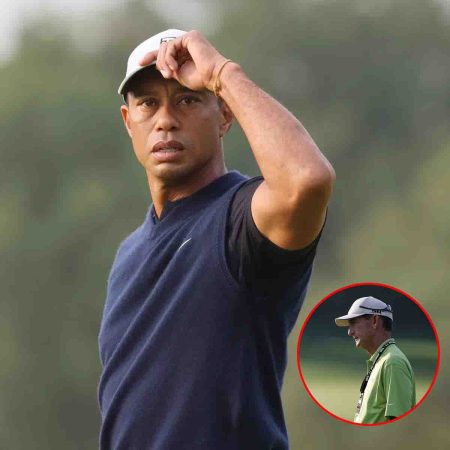At some point in the last 35 years, it was decided that Football was A Serious Thing. Too much time, money and other resources were being poured into the game, and so rather than retain the child-like essence of team sport simple enough for a child to grasp, the sport reinvented itself as a thing for adults.

The game has secretly been the most accessible form of anthropological study that we have, but the modern reinvention as A Serious Thing means we run the risk of creating straightforward narratives about complicated situations with regard to people in the game.
This brings us to Marcus Rashford.
Rashford endured a terrible 2021-22; he was shorn of the confidence, skill and smile that captivated many. His transformation under Erik ten Hag has been stark: no Premier League player has scored more goals in the post-World Cup section of the 2022-23 season, and he is adding new tools to his already considerable repertoire.
Seven years after his Manchester United debut, Rashford appears to be putting together a body of work that many hoped for him.
His latest goal came in the League Cup final and it was scored at Wembley Stadium. It was his first game at the ground since the Euro 2020 final, where he missed a significant penalty for England.
Why has Rashford come good again? There are many reasons behind the upturn, but the United forward has often found himself discussed in a simple redemptive arc. This player who was not good is now good again and has repaid some debt to those who believed in him and proven wrong those who gave up on him. The teenage prodigy has matured into a talented young man. Disaster has given way to triumph.
But the reality is more complicated.
The COVID-19 pandemic distorted and accelerated trends and how we interact with them. Rather than accept the absurdity of continuing major footballing competitions during a time of great upheaval, the game tried its best to carry on as normal. That football continued when so many other forms of entertainment paused meant it took on extra importance in fans’ lives.
For close to 18 months, football was more than a Serious Thing: it was one of the few collective joys we had on our screens. Between all of this was Rashford, whose stature within the public consciousness grew due to his charitable endeavours as he helped take care of other real and serious things that affected the lives of many in the UK. He did this while playing for one of the most well-known football clubs in the world.
 Marcus Rashford celebrates after scoring his side’s second goal against Newcastle United in Sunday’s final (Photo: Ash Donelon/Manchester United via Getty Images,)
Marcus Rashford celebrates after scoring his side’s second goal against Newcastle United in Sunday’s final (Photo: Ash Donelon/Manchester United via Getty Images,)
That he would then have several months of bad footballing form when he became more famous than ever caused conversation and concern.
Football now exists in a state of hyper-reality, containing real people but demanding its characters to behave like scripted actors. Rashford being talked of in glowing terms from one corner when he wasn’t playing brilliant football caused discord and accusations that he was a fake.
There was little room for the messiness of life and for someone to come through a state of flux and become himself again. Thankfully, Rashford is playing better now. But did such conversation and vitriol around his name need to be used in the first place?
There are times when I — as a football journalist — write about Marcus Rashford and his thought processes when he plays the game. There are times when I write with Marcus Rashford about his thoughts in children’s books.
“I realised that trying to work through all the pain, both physically and mentally, wasn’t the best way for me to look after myself or people around me,” he wrote in early 2021. “I wanted to get back to being 100 per cent when I was playing football, but in order to do that I had to have some time being 100 per cent Marcus. Just regular Marcus, who eats a bit too much sugar and loves wearing a tracksuit at home.”
A goal scored in a League Cup final for Manchester United has a different weight to a missed penalty for England in a European Championship final.
It should go without saying that nothing can be used to justify racial abuse — more importantly, a missed penalty for England should never bring the deluge of abhorrent racial abuse that Rashford received in July 2021 and in the many months since. Nor should any of his patches of poor form.
It would be reductive to say Rashford earned redemption on his return to Wembley on Sunday. Football may think of itself as a Serious Thing, but Arrigo Sacchi’s quote about football being “the most important of the least important things in life” remains correct.
It is good that Rashford is good. In the same way, it was a shame that he had periods where he was not so good. The sporting binary of winning and losing can make one forget that progress isn’t linear. A football player can make no mistakes in a game but still lose. A bad season can occur for reasons outside of a player’s control.
Human development does not occur in a simple aggregate process, but one of mutative discovery. It is often the bad days that provide lessons for better tomorrows.
Source: theathletic.com








